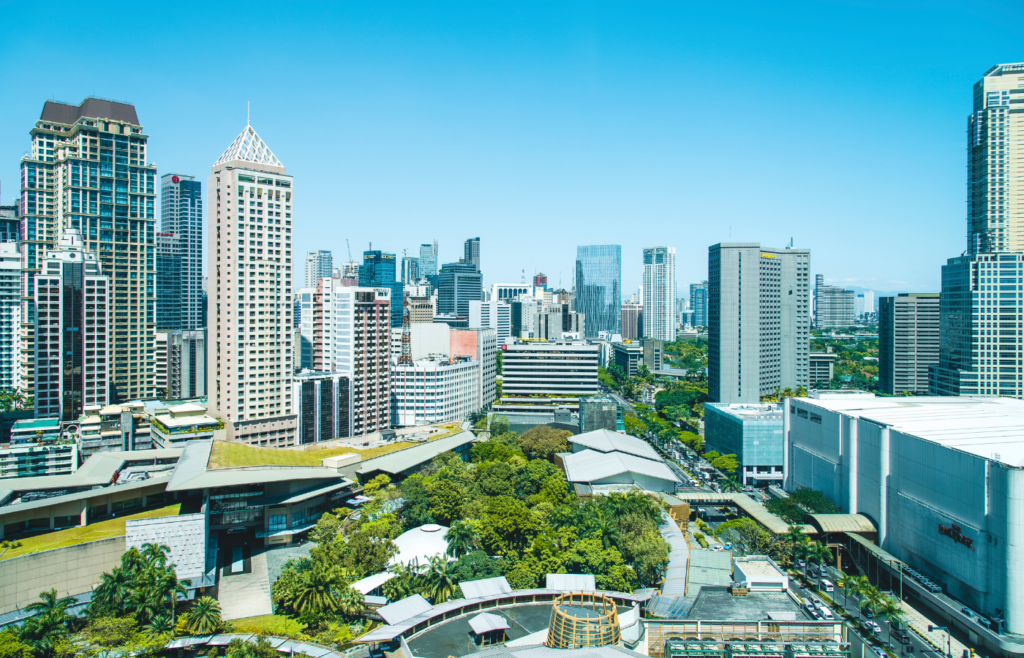The Philippines is making strides toward adopting the principles of a circular economy, an economic model designed to minimise waste and maximise resource efficiency. The transition toward circularity is a response to growing environmental concerns and the recognition of economic opportunities offered by this innovative approach.
In this edition of Embracing Circularity, we shine the spotlight on circular economy programs in the Philippines. Let us find out how the Southeast Asian nation is using the principles of circularity not only to address the plastic pollution crisis but also to build a more sustainable future for itself and its people.
The Philippine’s Waste Management Problem
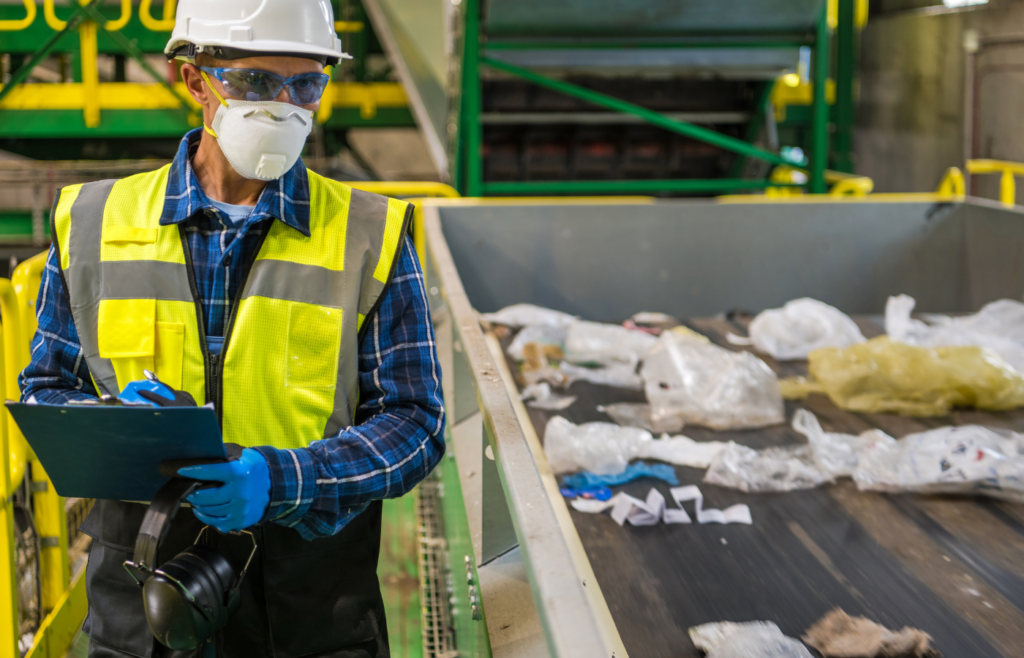
The Philippines faces a formidable challenge in waste management, marked by limited infrastructure, inefficient resource utilisation, and pervasive plastic pollution. The country’s existing waste management system is inadequate, with only 237 sanitary landfills serving 1,634 cities and municipalities, and 11,625 materials recovery facilities covering over 42,000 barangays.
This deficiency has led to the Philippines becoming the third-largest contributor of plastic waste to the world’s oceans, with much of the value of recyclable resins being lost due to improper disposal and recycling practices.
The environmental impact of this mismanagement is profound, affecting marine life, human health, and the overall ecosystem. Moreover, the inefficiency in resource utilisation hampers economic growth and development, as valuable materials are discarded instead of being reused or recycled.
Addressing these issues requires a fundamental shift in how resources are managed and utilised—a shift that can be achieved through the principles of a circular economy.
How a Circular Economy Can Help
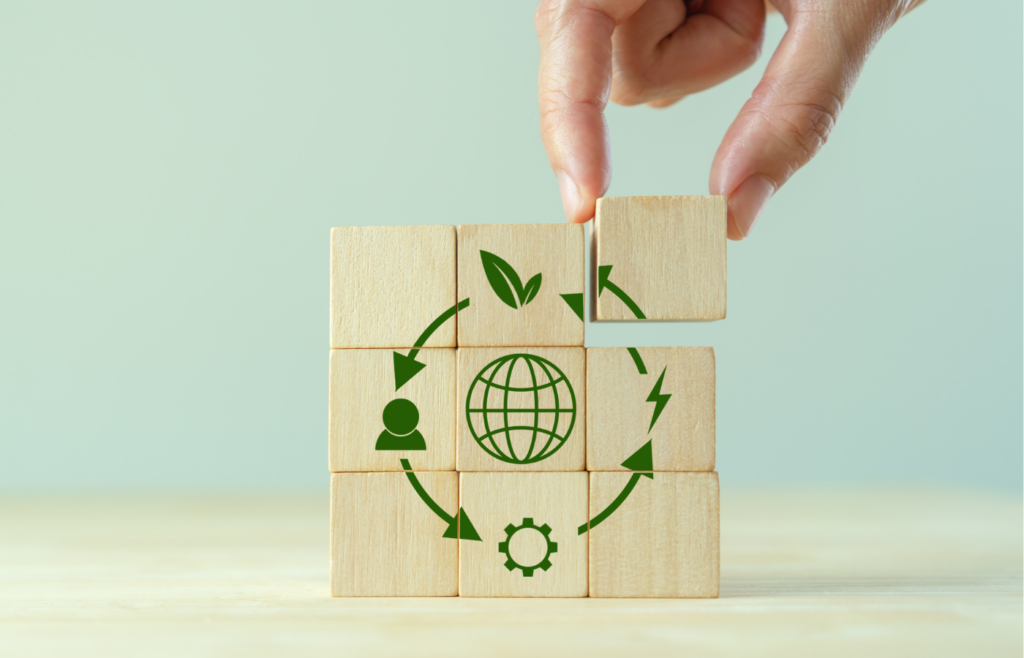
A circular economy aims to keep resources in use for as long as possible, extracting maximum value from them, then recovering and regenerating products and materials at the end of each service life. This model contrasts sharply with the traditional linear economy, which follows a ‘take-make-dispose’ pattern.
By adopting circular economy principles, the Philippines can optimise resource use, minimise waste, and create opportunities for innovative waste management solutions.
Circular economy practices align with the Philippine Development Plan (PDP) 2017-2022, which aims to lay a strong foundation for inclusive growth and a high-trust society. These practices also support the Strategy Framework to Ensure Ecological Integrity, Clean and Healthy Environment, reinforcing the nation’s commitment to sustainable development.
Government Initiatives and International Collaboration
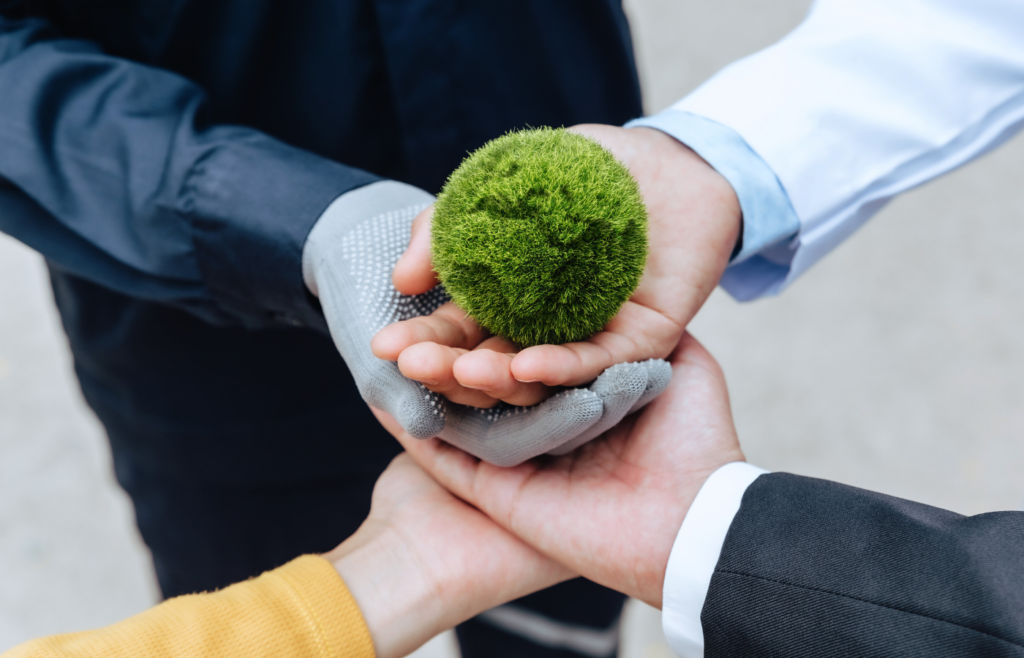
Recognising the urgency of the waste management crisis, the Department of Environment and Natural Resources (DENR) and the European Union (EU) launched the P3.67 billion Green Economy Programme in the Philippines (GEPP) in March 2024. This program aims to recycle and reintegrate around 20,000 tons of plastic waste by 2028 and create 2,500 green jobs.
The GEPP represents a significant step towards improving waste management infrastructure and supporting the country’s transition to a circular economy model.
In addition to the GEPP, a report by the United Nations Development Programme (UNDP) in partnership with DENR, titled “Baseline for Circular Economy in the Philippines,” establishes a comprehensive set of indicators for the circular economy. These indicators, developed in collaboration with key government stakeholders, facilitate consistent data collection, measurement, and monitoring of the transition from linear to circular practices.
This framework provides a roadmap for policymakers and businesses to track progress and identify areas needing improvement.
The Role of Extended Producer Responsibility (EPR)
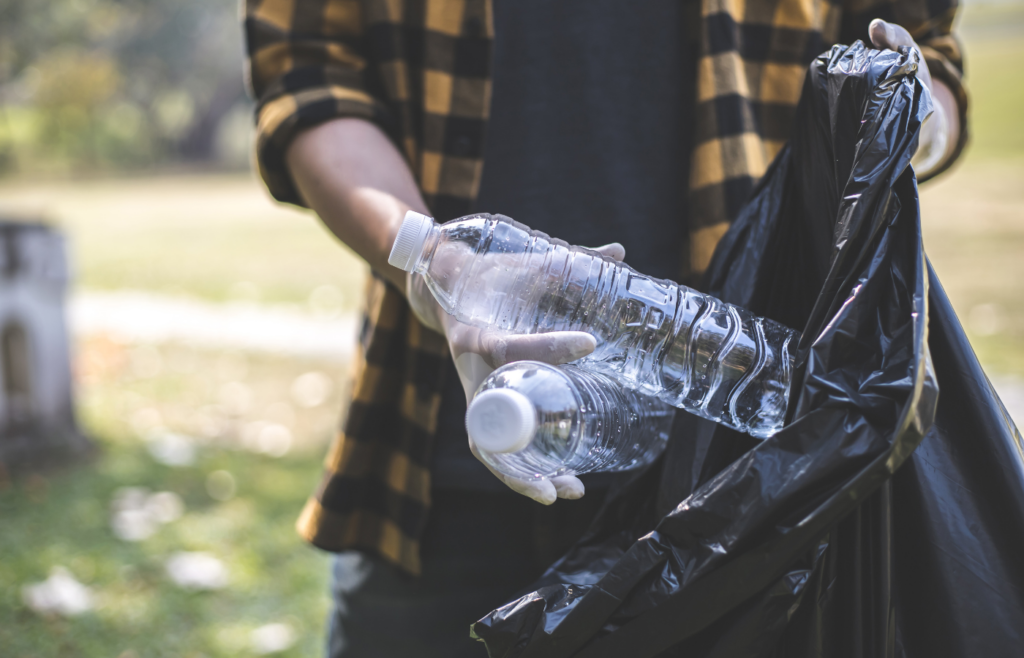
The adoption of the Extended Producer Responsibility (EPR) Act of 2022 is another critical milestone in institutionalising the circular economy in the Philippines. This legislation shifts the responsibility for waste management from consumers and local governments to producers, incentivising manufacturers to design products with end-of-life considerations.
The EPR Act aims to reduce waste, increase recycling rates, and encourage the development of more sustainable products.
However, the successful implementation of EPR requires tailoring these principles to the local context and addressing existing institutional gaps. This involves educating businesses about their responsibilities under the EPR Act, providing compliance support, and ensuring robust enforcement mechanisms.
Additionally, consumer awareness campaigns are essential to inform the public about the importance of participating in EPR schemes and supporting sustainable products.
Stakeholder Cooperation and Policy Integration
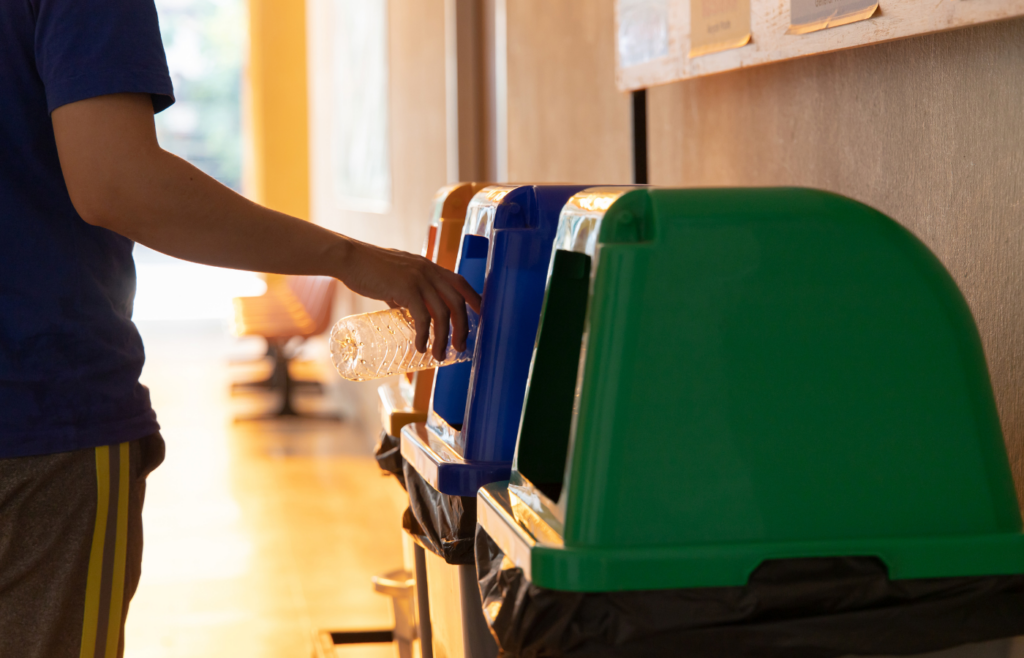
Transitioning to a circular economy model necessitates cooperation among various stakeholders, including the government, businesses, non-governmental organisations (NGOs), and citizens.
A study by the Philippine Institute for Development Studies (PIDS) emphasises the critical need to integrate circular economy principles into national, subnational, and sectoral policies. This integration ensures that circular economy practices are embedded in all levels of governance and across different sectors, from agriculture to manufacturing.
Government agencies must collaborate to align policies and regulations that support the circular economy. Businesses, on the other hand, need to adopt sustainable practices and invest in circular innovations. NGOs can play a pivotal role in raising awareness and advocating for policy changes, while citizens must be encouraged to participate in recycling programs and make sustainable consumption choices.
Innovative Solutions and Technological Advancements
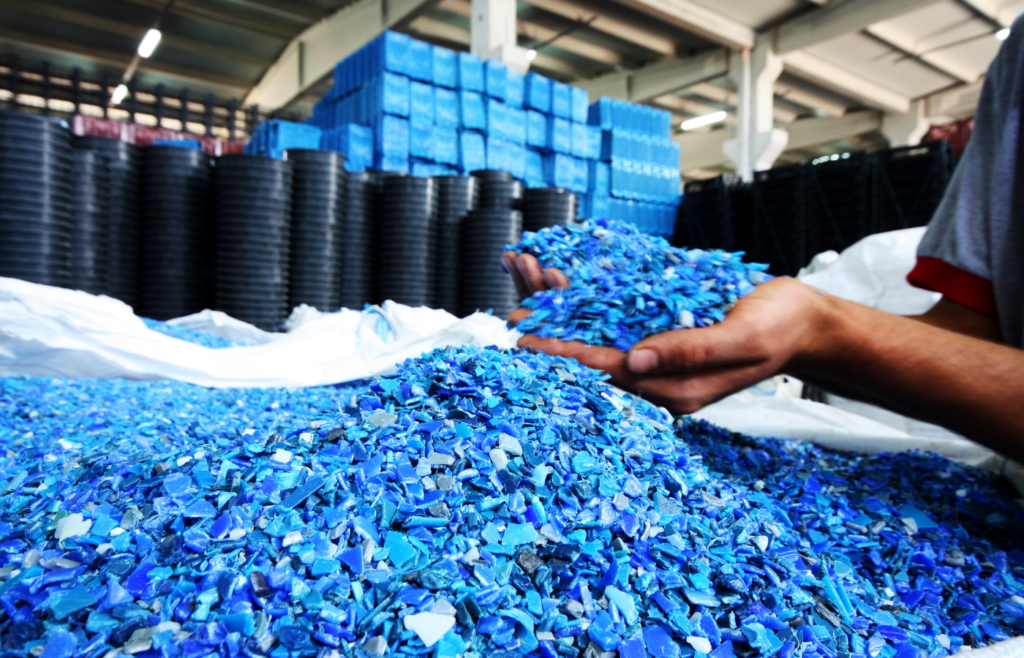
Embracing technological solutions and innovations is key to advancing the circular economy in the Philippines. The development of new materials, recycling technologies, and waste management systems can enhance the efficiency and effectiveness of circular practices. For instance, advancements in chemical recycling can break down complex plastics into their original components, making them easier to recycle.
Moreover, digital platforms and data analytics can improve the tracking and management of waste streams, enabling more accurate and efficient resource recovery. By leveraging technology, the Philippines can address some of the logistical challenges associated with waste management and create a more resilient and adaptive system.
Case Studies and Success Stories
Several initiatives in the Philippines exemplify the potential of the circular economy. For example, Cebu has implemented a comprehensive waste segregation and recycling program, resulting in significant reductions in landfill waste and increased recycling rates.
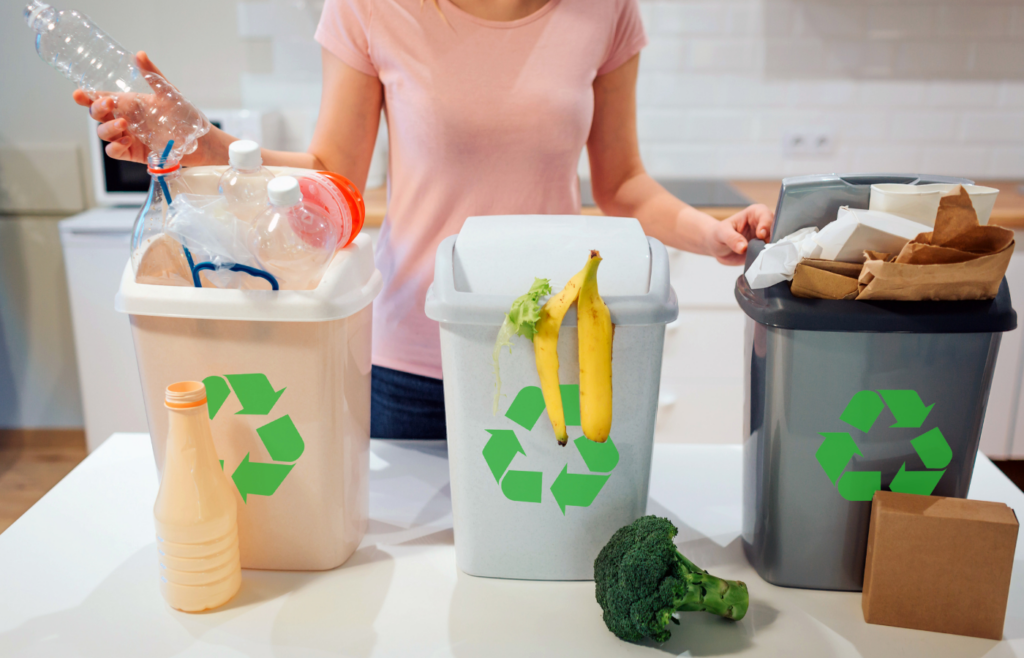
There is also Green Antz, a company dedicated to addressing the plastic pollution crisis in the country through sustainable waste management solutions. Green Antz collaborates with both small and large organisations to minimise waste production through reduce, reuse, and recycle programs.
Such success stories highlight the importance of community engagement and local innovation in driving the circular economy. By scaling up such initiatives and replicating successful models across the country, the Philippines can accelerate its transition to a circular economy.
Finding Sustainable Solutions through Circularity
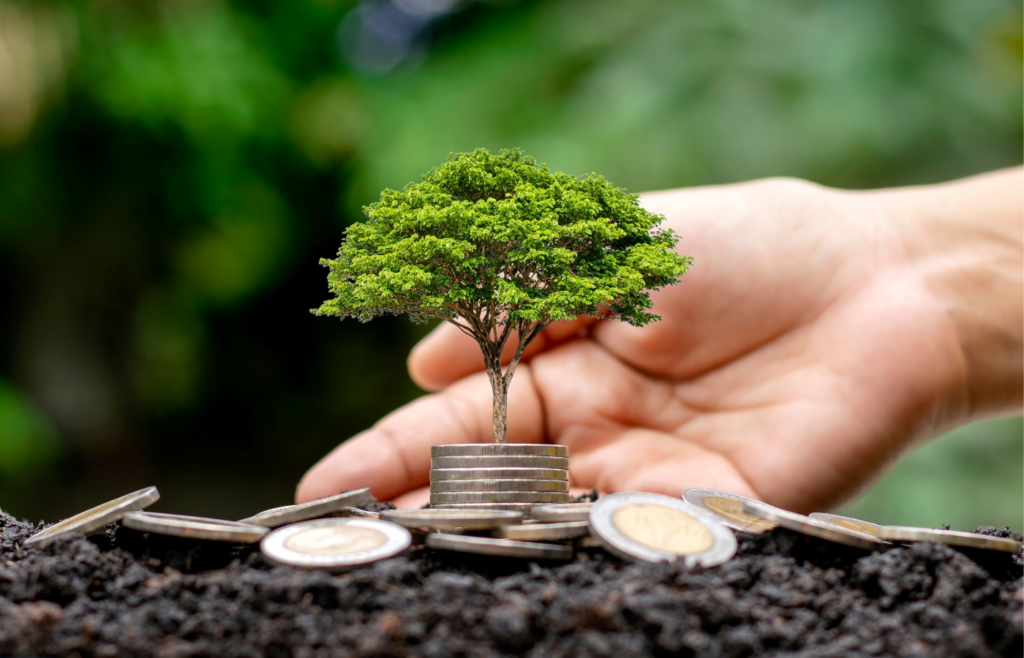
The transition to a circular economy is crucial for the Philippines to address its waste management challenges, promote sustainable development, and align with national development goals. This journey requires the collective efforts of all stakeholders—government, businesses, NGOs, and citizens—to adopt and implement circular economy principles.
By optimising resource use, minimising waste, and fostering innovation, the circular economy offers a sustainable pathway for the Philippines to achieve ecological integrity, economic growth, and social well-being.
For more News & Insights, stay tuned to the AIC website.
References:
Circular Economy in the City: A Rapid Ethnographic Research on Circular Economy in a Philippine Urban Setting
https://www.undp.org/philippines/publications/circular-economy-city-rapid-ethnographic-research-circular-economy-philippine-urban-setting
Philippines, EU team up to drive circular economy, tackle climate change
https://qa.philstar.com/headlines/climate-and-environment/2024/03/11/2339773/philippines-eu-team-drive-circular-economy-tackle-climate-change
Baseline for Circular Economy in the Philippines
https://www.undp.org/philippines/publications/baseline-circular-economy-philippines
PIDS study: Adopt circular economy to improve solid waste management
https://www.pids.gov.ph/details/news/press-releases/pids-study-adopt-circular-economy-to-improve-solid-waste-management
Supporting Implementation of Environment-Related Sustainable Development Goals in Asia and the Pacific: Circular Economy in the Philippines Consultant’s Report
https://www.adb.org/projects/documents/phi-50158-001-tacr-0

